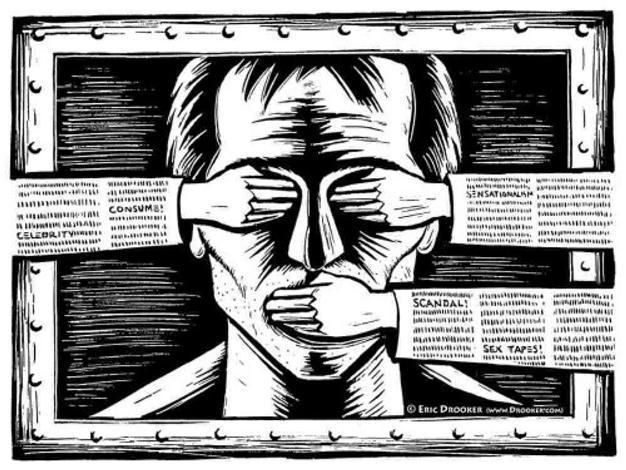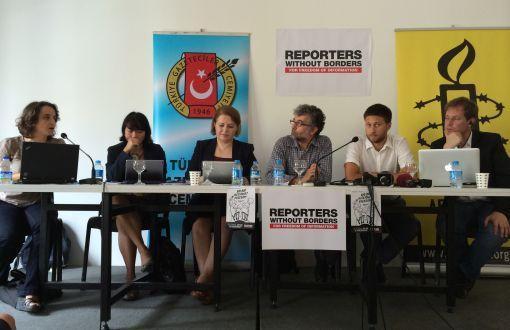Lack of Internet freedom in Turkey requires deeper systemic changes, rights groups say
ISTANBUL

Turkey attracted international criticism when it temporarily banned access to Twitter and YouTube earlier this year.

Turkey must engage in reforms beyond legislation to quell the lack of Internet freedoms, several rights group said in a joint press conference organized in the sidelines of the ninth meeting of the Internet Governance Forum, held this year in Istanbul.
Representatives of Reporters Without Borders, Human Rights Watch, Amnesty International, Turkish Journalists Association and Alternative Informatics Association deplored that the annual forum focused only on legal changes to reduce government restriction and surveillance of the Internet.
The groups also said more should be done regarding the protection of users’ private information and drew attention to the irony of Turkey hosting the conference.
“Nowadays, governments can track any place where I have been or anything I have done in the last month from digital traces. This is the golden age of monitoring and surveillance. And Turkey continues to move in the opposite direction of international standards,” Human Rights Watch’s Internet expert Cynthia Wong said.
Wong also said pressure was increasing on private companies to share user information, adding as customers, people must voice their opposition to this trend.
Amnesty International’s Andrew Gardner highlighted a culture of intolerance as one of the reasons of growing Internet censorship. “It’s the same intolerance seen during the police’s violence against protesters in Gezi or attacks against journalists,” he said. “The link between social media and mainstream media is important. The censorship exists due to media owners who go after their interest becomes very significant in social media.”
Meanwhile, İlden Dirni of the Alternative Informatics Association expressed concern that the government conducts extensive data analysis of Internet users. “With a new law, they have gathered all the companies providing Internet access, hosting and domain, registering companies under one roof. All the companies that provide those services are told, ‘Obey, or we will put an end to your services.’ There is an attempt to monopolize the Internet,” she said.
Turkey attracted international criticism when it temporarily banned access to Twitter and YouTube, over leaks on links to graft allegations against government officials, including President Recep Tayyip Erdoğan. The crackdown on social media users continued during last year’s Gezi Park protests, during which many users were detained because of their posts in support of demonstrators.

 Turkey must engage in reforms beyond legislation to quell the lack of Internet freedoms, several rights group said in a joint press conference organized in the sidelines of the ninth meeting of the Internet Governance Forum, held this year in Istanbul.
Turkey must engage in reforms beyond legislation to quell the lack of Internet freedoms, several rights group said in a joint press conference organized in the sidelines of the ninth meeting of the Internet Governance Forum, held this year in Istanbul.